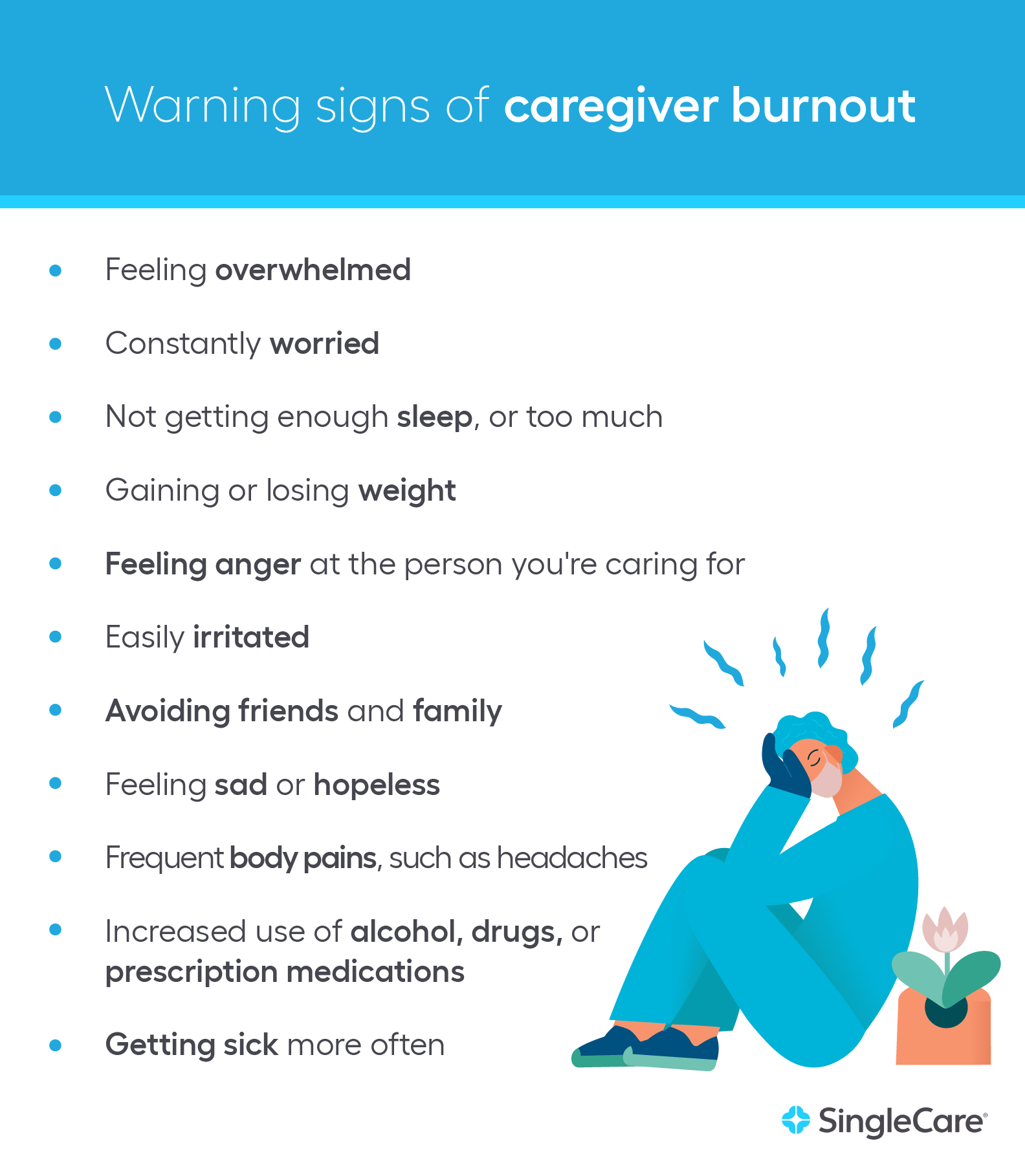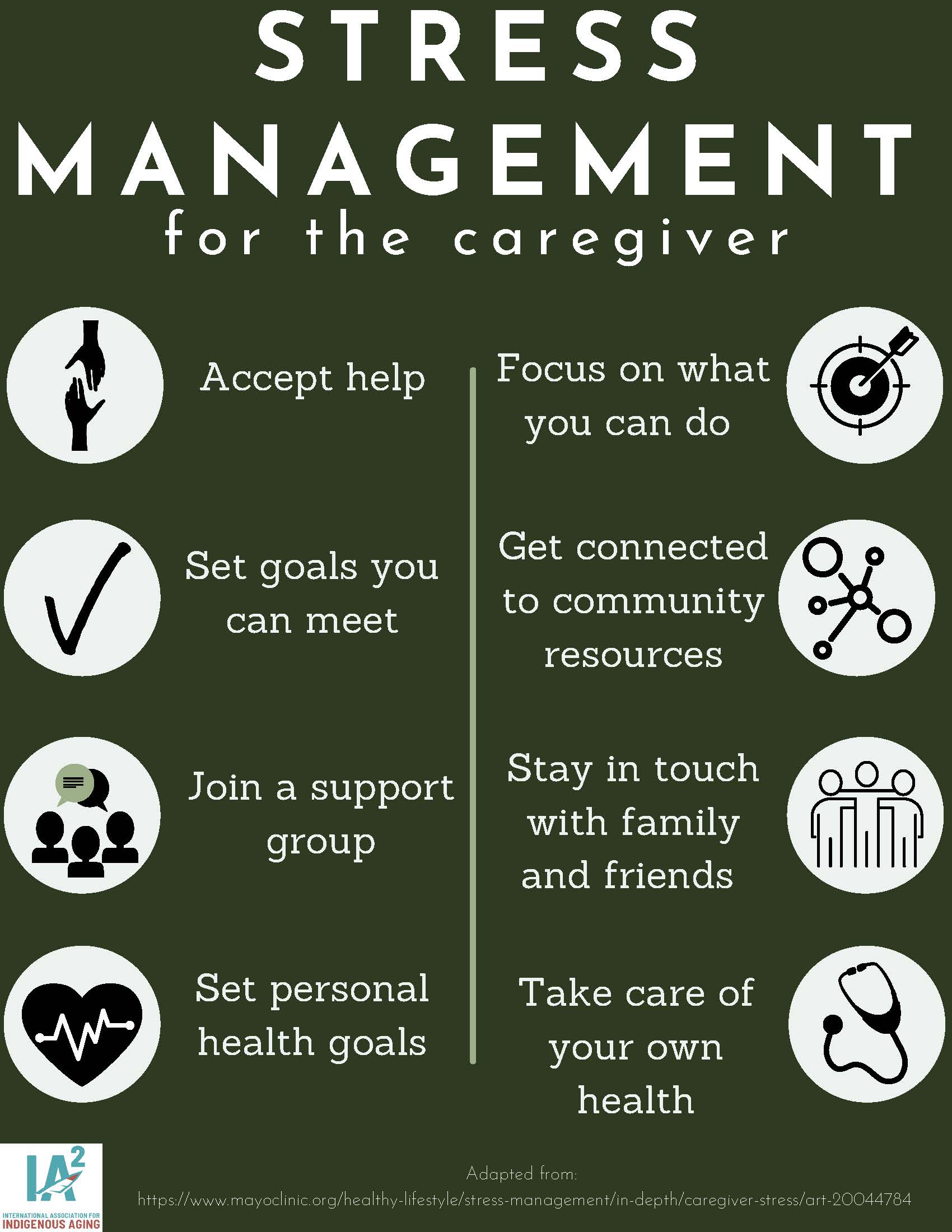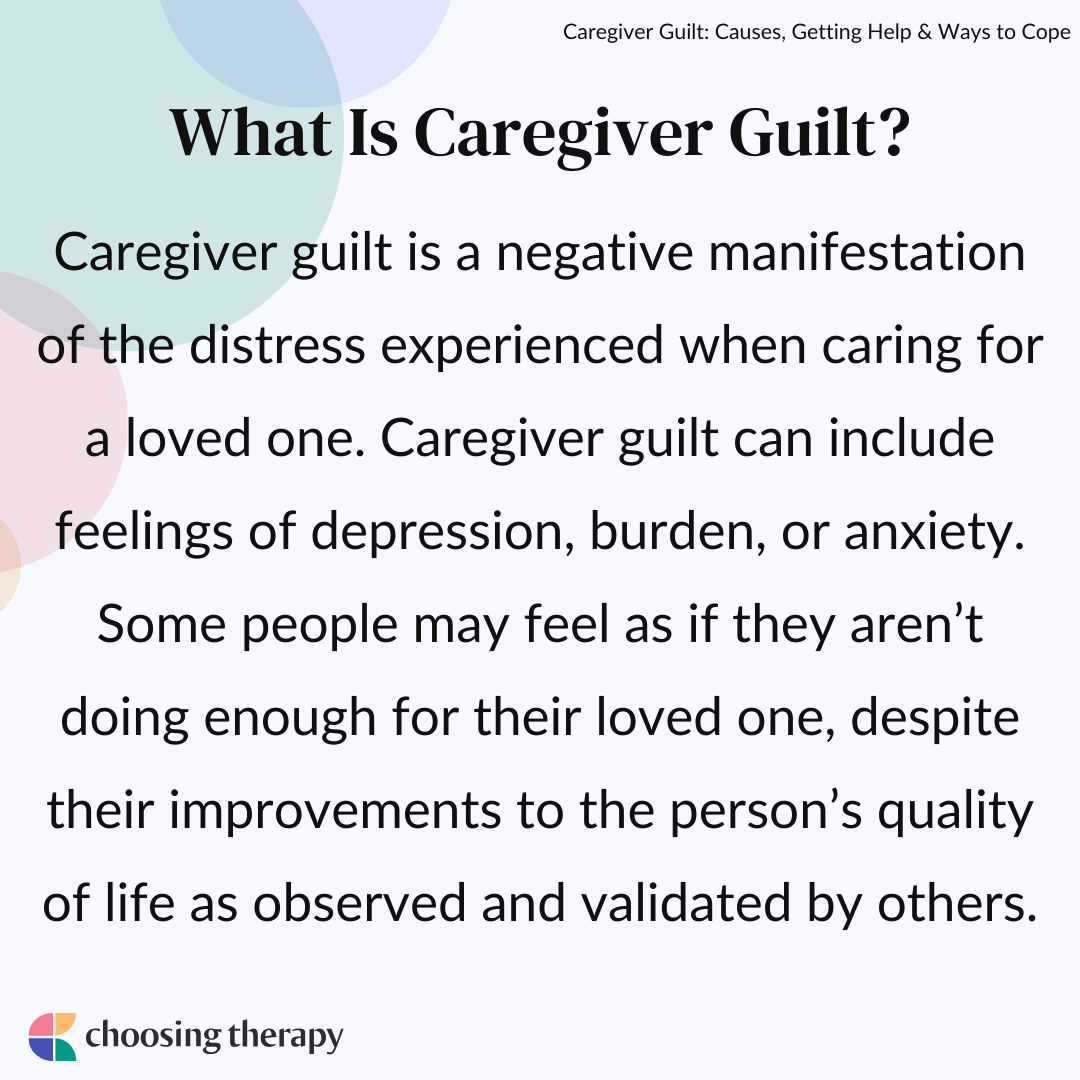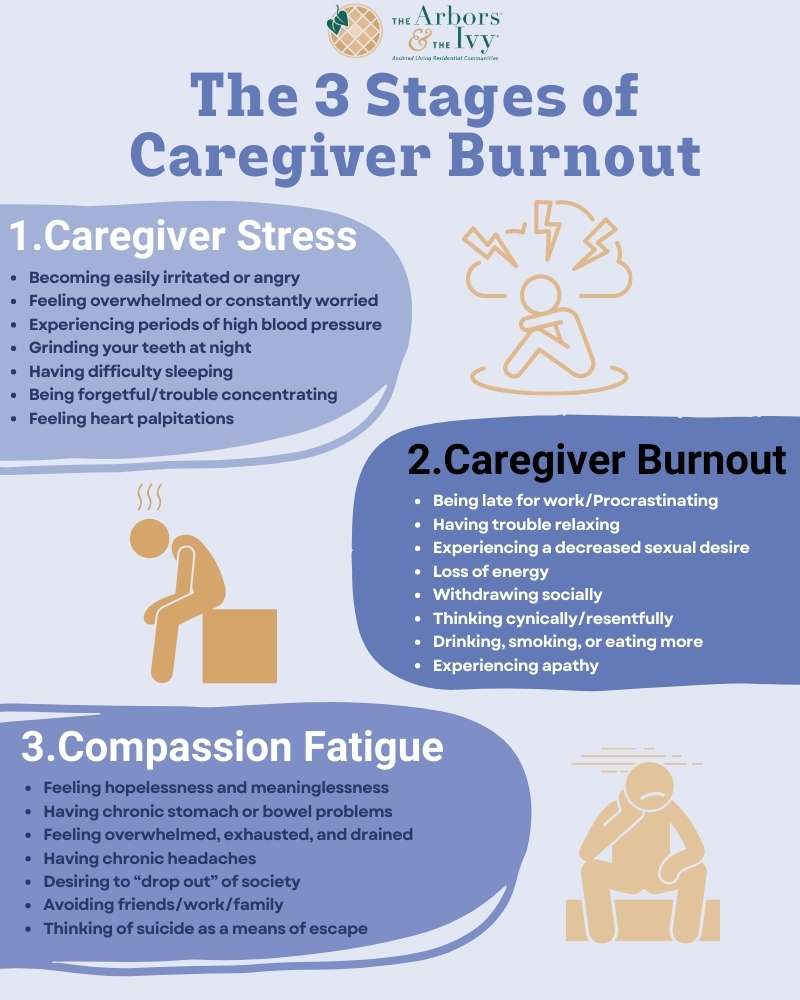How to Maintain Mental Health While Caring for a Sick Parent heavy

How to Maintain Mental Health While Caring for a Sick Parent
Caring for a sick parent can be one of the most challenging roles you’ll ever undertake. It’s a journey filled with emotional highs and lows, requiring immense dedication and resilience. As a middle-aged individual in the United States, navigating this role while maintaining your mental health is crucial. This article will guide you through practical strategies and resources to support your well-being during this demanding period.

Understanding the Challenges
Caring for a sick parent can lead to a range of mental health challenges, including depression, anxiety, stress, and guilt .14. It’s common to feel overwhelmed, isolated, and uncertain about how to manage caregiving responsibilities alongside other aspects of your life. Recognizing these challenges is the first step toward addressing them effectively.

Practical Strategies for Mental Health

1. Prioritize Self-Care
Self-care is not a luxury; it’s a necessity for caregivers. Here are some simple yet effective self-care practices:
-
Exercise Regularly: Engage in physical activities that you enjoy, such as walking, yoga, or swimming. Exercise can help reduce stress and improve mood.
-
Healthy Eating: Focus on a balanced diet rich in fruits, vegetables, whole grains, and lean proteins. Avoid relying on fast food or processed meals.
-
Adequate Sleep: Aim for 7-9 hours of sleep each night to help your body and mind recover from the day’s challenges.
-
Mindfulness and Meditation: Practice mindfulness techniques or meditation to calm your mind and reduce stress. Apps like Headspace and Calm can be great resources.

2. Seek Support
Don’t underestimate the power of support from others. Here are ways to build your support network:
-
Join Support Groups: Participate in local or online support groups where you can share experiences and learn from others facing similar challenges .9 .12.
-
Ask for Help: Reach out to family and friends for assistance with caregiving tasks or emotional support.
-
Professional Counseling: Consider seeking professional counseling to manage stress and develop coping strategies .4 .10.

3. Use Community Resources
Take advantage of community resources designed to support caregivers:
-
Adult Day Care: Utilize adult day care centers for temporary respite and social interaction for your parent .7.
-
Respite Care: Arrange for respite care services to give yourself a break and recharge .3 .10.
-
Local Services: Contact your local Area Agency on Aging or senior centers for information on available services .7.

4. Stay Socially Connected
Maintaining social connections is vital for your mental health:
-
Stay Active in Hobbies: Continue engaging in hobbies or activities that bring you joy and fulfillment.
-
Socialize Regularly: Make time for friends and family, even if it’s just a phone call or video chat.
-
Online Communities: Join online forums or social media groups for caregivers to expand your support network .10.
5. Set Boundaries
Establishing boundaries is essential to protect your mental health:
-
Learn to Say No: Be comfortable saying no to requests that are not feasible or that interfere with your caregiving responsibilities.
-
Prioritize Tasks: Focus on essential caregiving tasks and delegate when possible.
-
Take Breaks: Regularly schedule time for yourself to rest and recharge .3.

Navigating Emotional Challenges

Guilt and Anticipatory Grief
It’s common to feel guilty about wishing for a break or feeling overwhelmed by caregiving responsibilities. Additionally, anticipatory grief—the emotional pain of expecting a loved one’s condition to worsen—can be particularly challenging .13. Here are some ways to cope:
-
Acknowledge Your Feelings: Recognize that your emotions are valid and normal.
-
Seek Support: Talk to a therapist or support group about your feelings.
-
Focus on the Present: Try to stay present and focus on the moments you share with your parent.

Managing Stress and Anxiety
Stress and anxiety can be overwhelming, but there are strategies to manage them:
-
Mindfulness Practices: Regular mindfulness exercises can help reduce anxiety.
-
Physical Activity: Engage in physical activities that help you relax, such as walking or yoga.
-
Professional Help: Consider seeking professional counseling if stress and anxiety persist .4.

Financial and Work-Life Balance
Caring for a sick parent can impact your finances and work-life balance significantly. Here are some tips to manage these challenges:

Financial Planning
-
Explore Financial Assistance: Look into government programs or non-profit organizations that offer financial assistance for caregivers.
-
Budgeting: Create a budget that accounts for caregiving expenses.
-
Insurance and Benefits: Check if your employer offers caregiver benefits or if your parent’s insurance covers any caregiving costs.

Work-Life Balance
-
Flexible Work Arrangements: Discuss flexible work options with your employer, such as telecommuting or reduced hours.
-
Leave Policies: Understand your company’s leave policies and use them when needed.
-
Advocate for Support: Advocate for caregiver support in your workplace, such as mental health days or wellness programs .4.

Conclusion
Caring for a sick parent is a journey that requires patience, resilience, and support. By prioritizing your mental health, seeking support, and utilizing available resources, you can navigate this challenging role more effectively. Remember, taking care of yourself is not selfish; it’s essential to being a better caregiver and maintaining your overall well-being.

Additional Resources
-
Mental Health America: Offers online communities and resources for caregivers.
-
Family Caregiver Alliance: Provides support groups and resources for caregivers.
-
Area Agency on Aging: A valuable resource for local services and support.
By embracing these strategies and resources, you can better manage the emotional and practical challenges of caregiving while maintaining your mental health.









